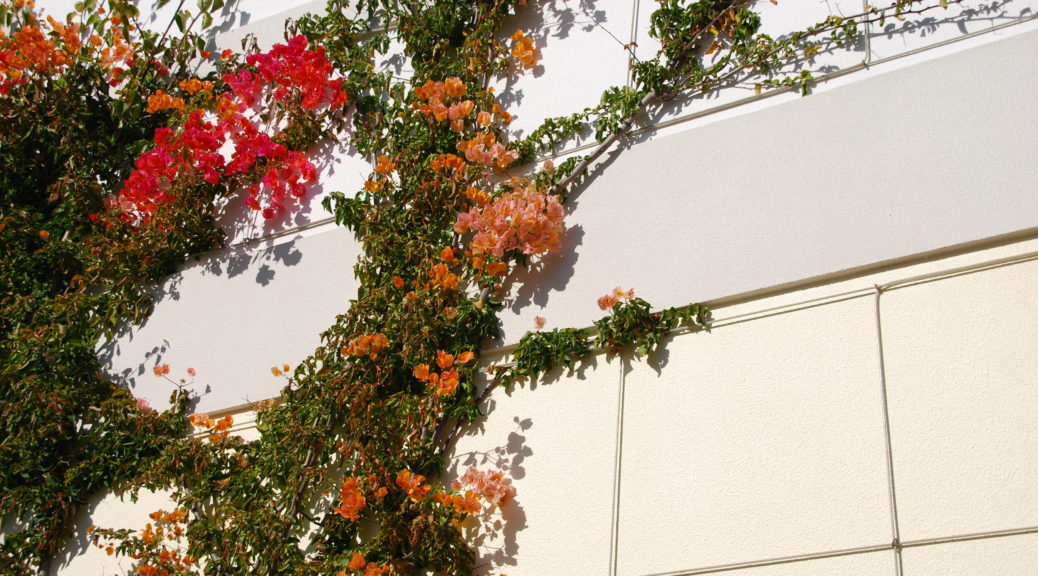Image copyright: alhovik / 123RF Stock Photo
Many people are frustrated by the wild variation in temperatures they experience in their conservatories. Quite a few have been tempted by a fairly new type of lightweight tiled roof featuring integrated insulation and artificial tiles or slates. The concept is epitomised by the Preston firm SupaLite (that’s Preston Lancashire, not Preston Devon by the way!).
So what are the pros and cons of SupaLite and similar systems (e.g. Guardian)? SWRCN had a look to see what all the fuss is about and create a SupaLite Roof Review.
SUPALITE ROOF REVIEW: THE PROS
One of the key properties of SupaLite’s system is its ultra-low heat transfer co-efficient (its so-called ‘U-Value’ or ‘U-Factor’). This is a value to quantify the amount of energy that transfer through a metre square area of material (or materials) divided by the temperature change across the surface. In simple terms, a high U-Value equals weak insulating properties and the lower the number gets, the more insulating the material or surface. To calibrate these figures, consider that a single pane of 4mm glass will give you a U-Value of 6 while triple-glazing is likely to reduce that to around 2). SupaLite claim that the U-Value of their conservatory roofs is a staggering 0.15 as standard, with an optional upgrade of 0.12!*
SupaLite is an example of a ‘warm roof’ system which actually integrates the insulation within the rafters of the roof (as seen on the video below). This stops warm air escaping the roof in the winter and avoids the direct conduction of heat in the summer, leading to a much more stable year-round temperature which is well within building control regulations.
Another advantage of SupaLite is its light weight (hence the name). Comprised of an aluminium framework on to which the tiles are clipped, the SupaLite roof can usually be installed on existing conservatory frames without the need for extra foundations (although you should always check with a building control body [BCB] first!)
Then there is the construction impact and duration. The light materials combined with an easy to assemble design means that the conversion process generally takes just a matter of weeks rather than months with very little mess and disruption.
Added to the above, there is the 60 year life expectancy of the tiles and the range of colours and styles available. SupaLite systems and similar lightweight tile/slate effect roofs can be easily adapted to fit the most basic lean-to or the more elaborate Victorian and Edwardian conservatories.
SUPALITE ROOF REVIEW: THE CONS
Of course, no roofing solution is perfect and there are a number of precautions to take before deciding whether SupaLite is for you.
Since the system is available to trade buyers as well as via approved installers, prices can vary significantly and are often higher than expected. Clearly, there are many factors that will determine costs but most homeowners will need to think in terms of £5,000 as a minimum outlay with some contractors likely to quote up to the £10,000 mark. Although the efficiency savings of a SupaLite roof can add up to a significant amount over time, this initial outlay may be a deterrent to some who may prefer to opt for a cheaper alternative.
Another aspect to think carefully about, especially if your conservatory was formally covered with a clear material such as glass or perspex, is that the installation of a covered roof – even a lightweight one – does seem to mean that your conservatory will technically become an extension (sun room) for building regulations purposes. However, a quick call to your local BCB should clarify the situation in your specific case.
Finally, some purists simply don’t like to use anything but traditional materials in the construction of their conservatories regardless of any energy savings they might make. Although a competently fitted SupaLite roof does look impressively authentic, it won’t be to everyone’s taste.
SUPALITE INSTALLATION IN THE SOUTH WEST
After reading our SupaLite roof review, are you ready to take the plunge and replace your current roof for a lightweight, well insulated tiled alternative?
Roofworx, conservatory roof conversions specialists in Torquay, Devon, can install SupaLite for your home. Alternatively, they can just fit the Metrotile lightweight roofing tiles that SupaLite use.
Contact them to find out more about the options available.
For a step-by step DIY guide, see our Supalite Roof Installation post.
*Source: https://www.supaliteroof.co.uk/products/supalite-roof Updated from 0.18 when updating this article on 20th Dec 2023


